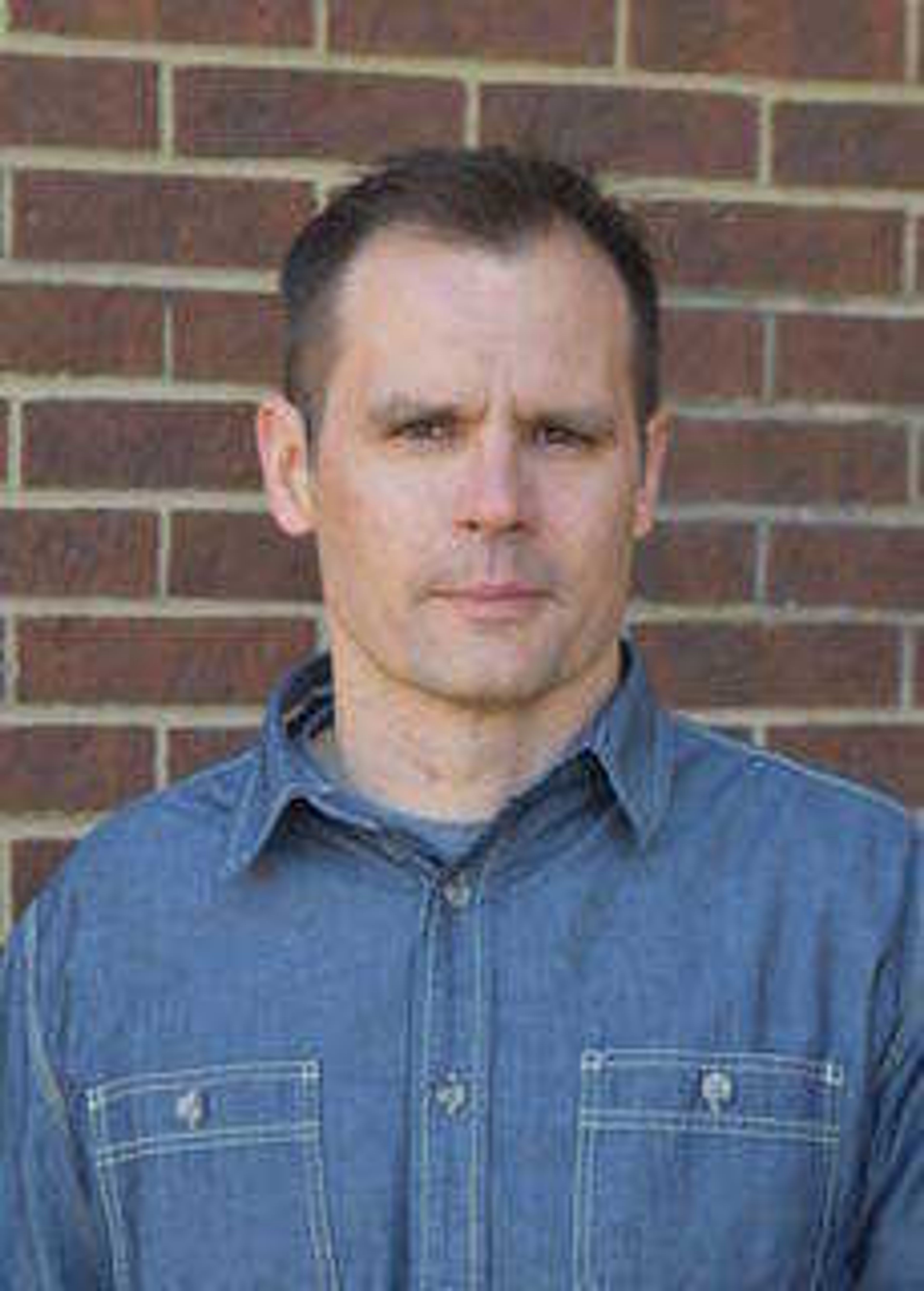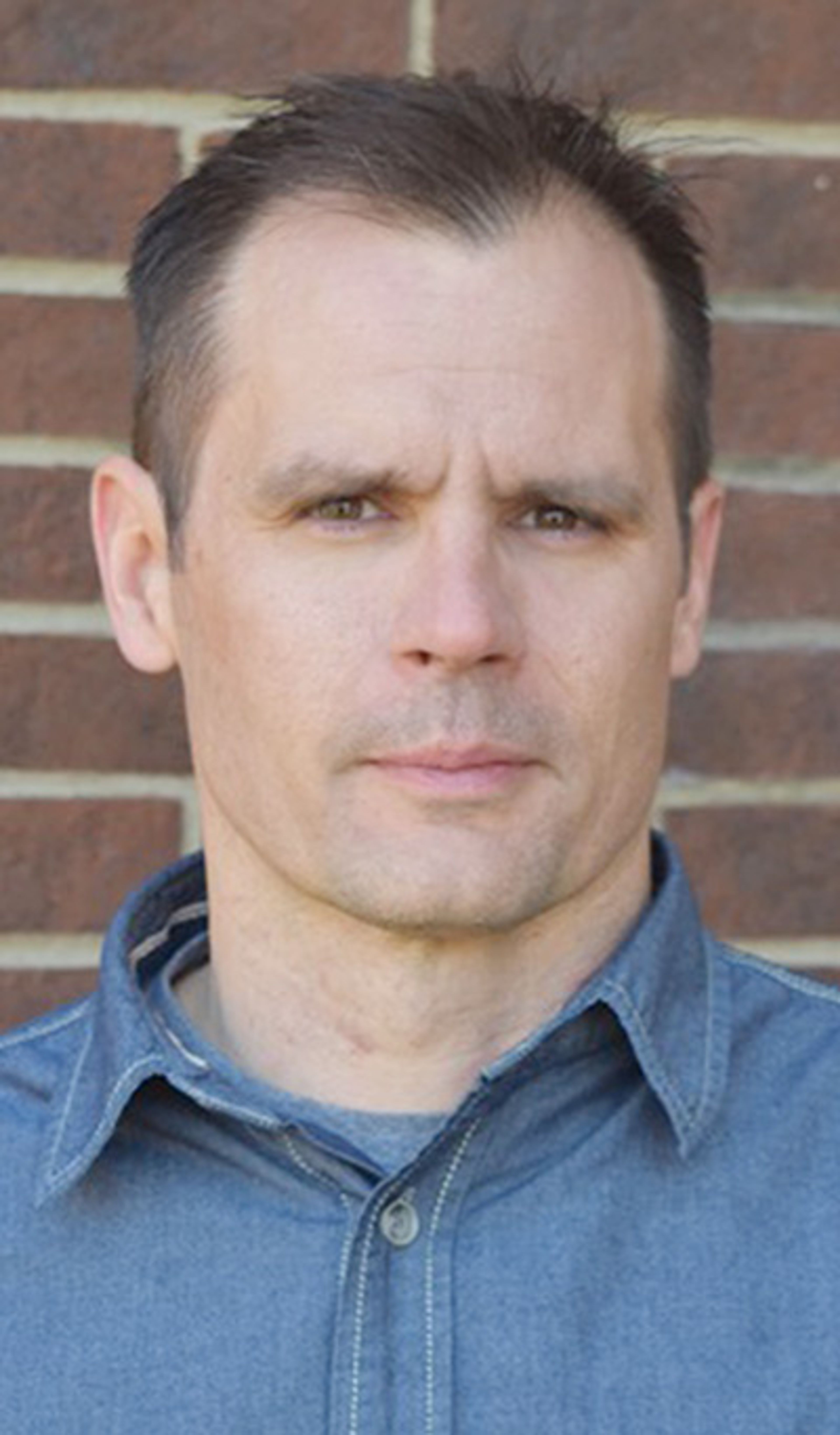Hurtgen: How faithfulness in the known prepares you for an uncertain future
Faithfulness in daily routines equips you for an uncertain future. Learn why consistency, stewardship, and creativity are key to navigating the unknown, as explored through a Christian worldview.
We crave consistency. Even the most spontaneous among us have regular patterns in which they conduct life. We drive to work on the same roads, store toothbrushes in the same location and fix our coffee in the same way. We thrive in patterns of consistency.
However, we live in an inconsistent world. The Bible reminds us that our lives are brief and uncertain (Job 7:6; Psalms 39:5, 102:3; James 4:14). Yet the Bible also equips us to navigate the unknown.
In a short series of columns on the theme of navigating the unknown from the Christian worldview, the first principle to draw upon is demonstrating competency in the known. In Luke 16:10, Jesus applies a parable, saying, “If you are faithful in little things, you will be faithful in large ones.” In other words, what you do today shapes what you are entrusted with tomorrow
Faithfulness with the known is a stewardship practice. Stewardship is both the science and art of managing and maximizing limited resources of time, treasure and talent, bringing about the greatest possible result. Stewarding your resources with what you know today will frame how you manage your resources in the unknown of tomorrow.
Faithfulness in what is known also builds credibility. When people see that they can trust you with the current reality, they will have a greater propensity to rely upon you in times of uncertainty. People rely upon those who have demonstrated themselves reliable. Anyone can state what they will do in the future. However, the best predictor of future action is the present response.
Finally, faithfulness in the known encourages creativity. In one scene in the movie "Apollo 13", a pile of materials is placed before a group of engineers with the simple instruction: Do what shouldn’t be able to be done with only what you have. The engineers had to apply their creativity to navigate the unknown.
Too often, we limit our efforts, options and futures because we think and feel we lack resources. Thinking creatively, however, helps you reach a resolution with the resources you already have. Exercising your creativity builds faithfulness, preparing for times of uncertainty by strengthening the skill set necessary to solve problems you have not yet imagined.
To successfully navigate the unknown future, you must demonstrate competency in the present. As your competency increases, so does your capacity to achieve new, unknown and greater challenges.
Robert Hurtgen is a husband, father, minister and writer. Read more of him at robhurtgen.wordpress.com.
Connect with the Southeast Missourian Newsroom:
For corrections to this story or other insights for the editor, click here. To submit a letter to the editor, click here. To learn about the Southeast Missourian’s AI Policy, click here.











